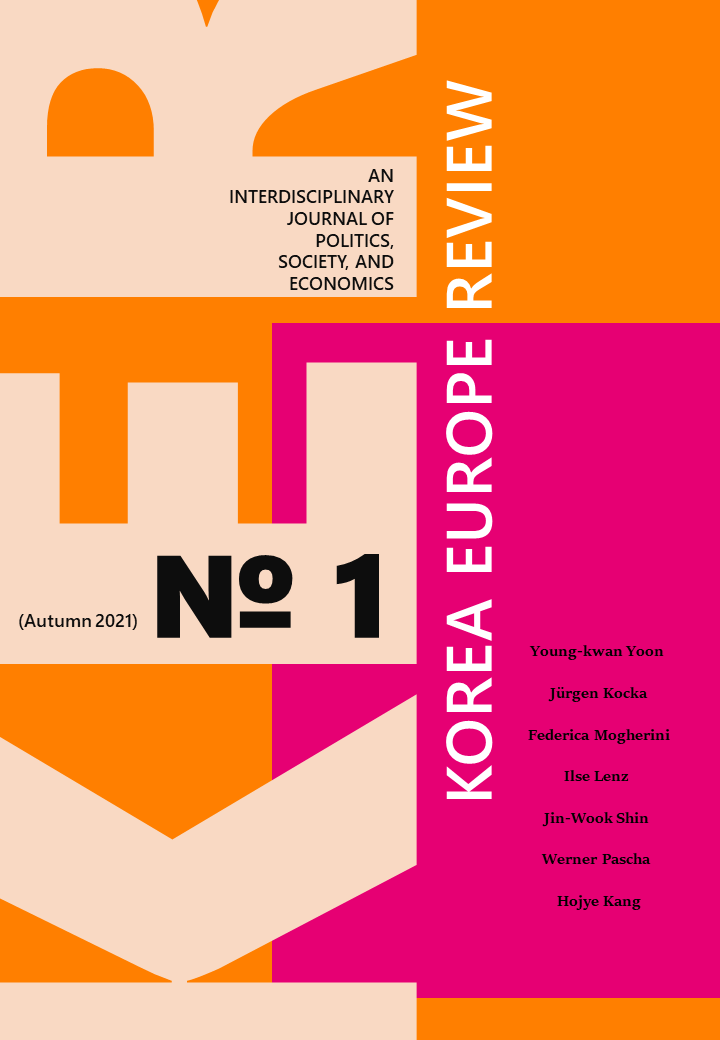German Unification and the Political Order – Thirty Years Later
DOI:
https://doi.org/10.48770/ker.2021.no1.6Keywords:
German unification, non-violent revolution, East Germany, collapse of communism in Eastern Europe, European integration, NATO, question of German sovereigntyAbstract
The history of the post-war division of Germany marks an important point of reference for inter-Korean politics. Both, South Korean president Roh Tae-woo’s Nordpolitik starting in 1988 and South Korean president Kim Dae-jung’s Sunshine Policy (The Reconciliation and Cooperation Policy Towards the North) of 1998 seem to have been directly inspired by West German Chancellor Willy Brandt’s so-called Neue Ostpolitik (New Eastern Policy) based on Egon Bahr’s concept of Wandel durch Annäherung (change through rapproachment), an early and perhaps decisive step in the de-escalation of the Cold War. Today, the peaceful transition of East Germany toward democracy and the subsequent German unification continue to provide a hopeful historical example that peace and reconciliation on the Korean peninsula may be attainable.

Downloads
Published
How to Cite
Issue
Section
License
Copyright (c) 2021 Jürgen Kocka

This work is licensed under a Creative Commons Attribution 4.0 International License.


